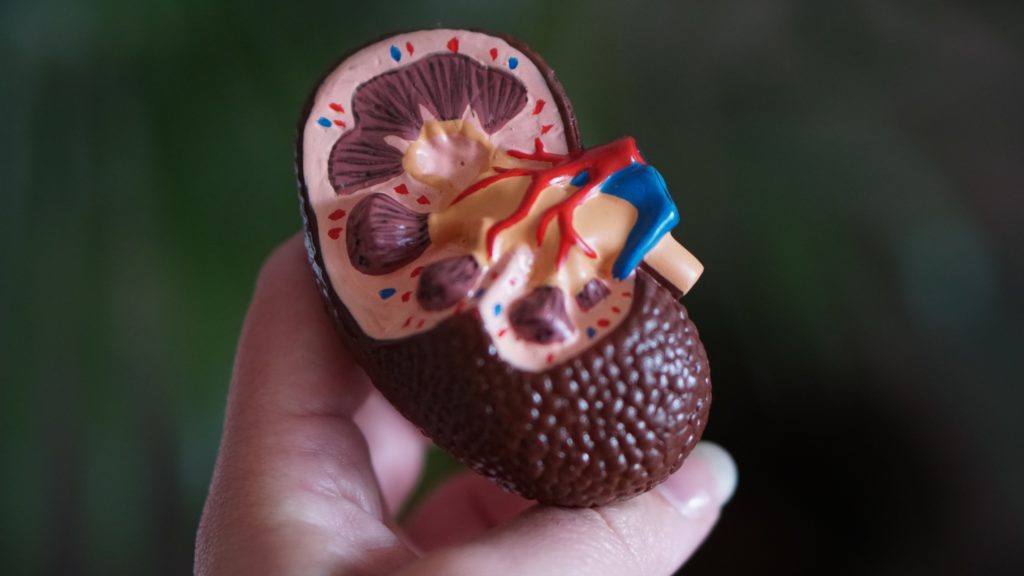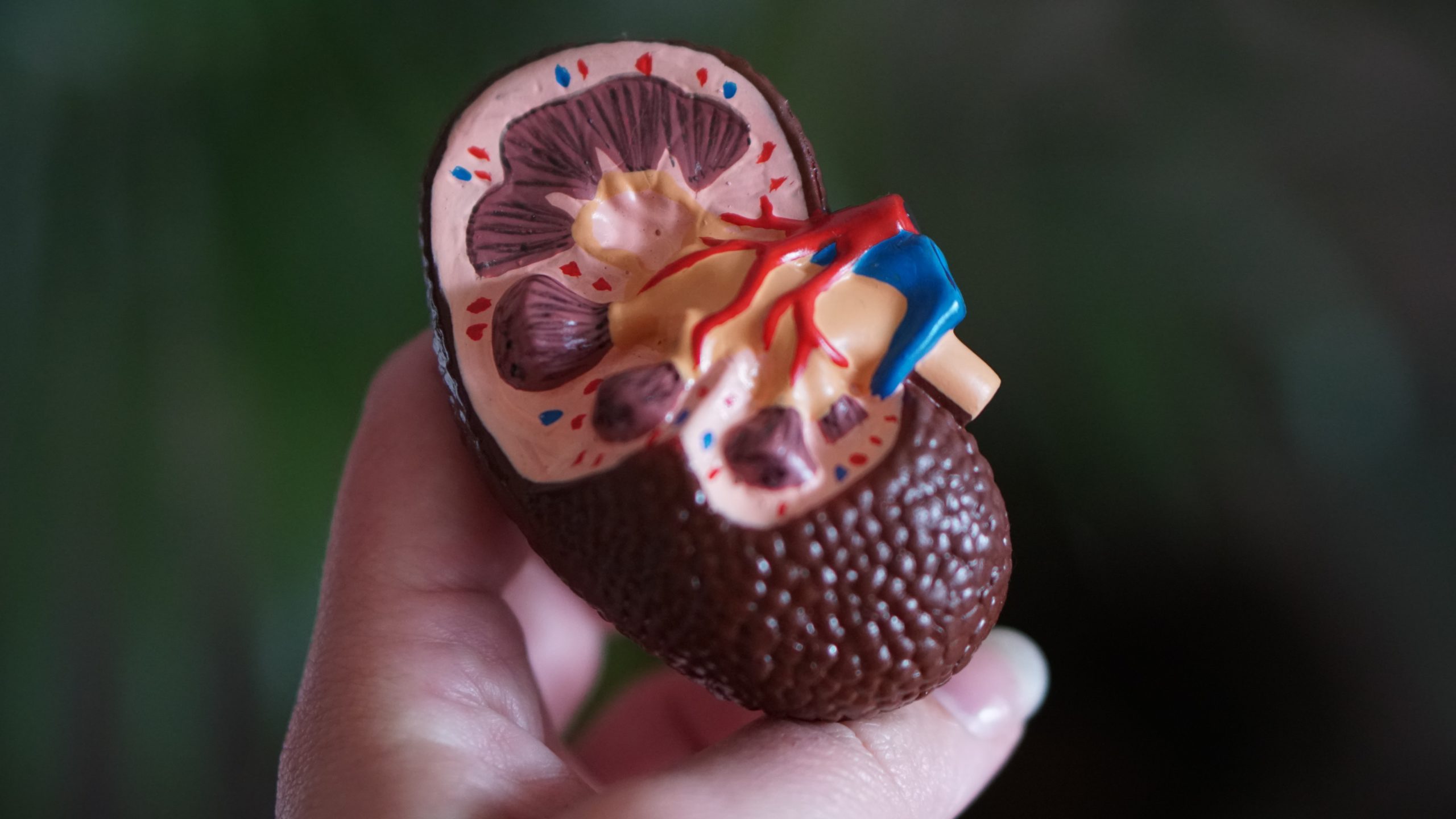If you are experiencing any of the symptoms of a gallbladder attack, it is important to seek medical help right away. A gallbladder attack can be very painful and may require surgery. In this post, we will discuss the symptoms of a gallbladder attack so that you can recognize them if they occur. We will also provide some tips on how to reduce your risk of developing a gallbladder attack.

Gallbladder Disease
The gallbladder is a small, pear-shaped organ that stores bile produced by the liver. Bile aids in the breakdown of fats throughout the digestive tract. Gallbladder disease occurs when the gallbladder is not able to function properly. There are two main types of gallbladder disease: cholelithiasis and cholestasis.
Cholelithiasis is the formation of gallstones in the gallbladder. Gallbladder stones are hard deposits that can range in size from a grain of sand to a golf ball. They are made up of cholesterol, bilirubin, and calcium. Cholelithiasis can cause pain in the abdomen, nausea, and vomiting. If the gallstone blocking the ducts is large, it can also cause jaundice, which is a yellowing of the skin and eyes. Treatment for cholelithiasis typically involves surgery to remove the gallbladder.
Cholestasis is a condition in which bile flow is blocked. It can be caused by an obstruction, such as a gallstone, or by an inflammation of the bile ducts. Cholestasis can lead to itching, jaundice, and dark urine. Treatment for cholestasis typically involves surgery to remove the blockage.
Symptoms Of Gallbladder Attack
Gallbladder disease is a condition that affects the function of the gallbladder. The most common symptom of gallbladder disease is pain, usually in the form of attacks that can last for several hours. The most typical and least severe symptom of the gallbladder is called biliary colic, which is short-term pain. Other gallbladder attack symptoms include nausea, vomiting, bloating, and fever. In some cases, gallbladder disease can also lead to jaundice, dark urine, and clay-colored stools. If you experience any of these symptoms, it is important to see a doctor so that the condition can be properly diagnosed and treated. Left untreated, gallbladder disease can lead to serious complications, such as pancreatitis or cholecystitis.
Causes Of Gallbladder Pain
Gallbladder pain is usually caused by gallstones. These are hardened deposits of bile that can form in the gallbladder. If a stone lodges in the bile duct, it can block the flow of bile and cause severe pain. In some cases, the stones can also cause inflammation of the gallbladder (cholecystitis). Other less common causes of gallbladder pain include cancer, infection, and inflammation of the gallbladder (cholecystitis). Gallstone pain is typically felt in the upper right abdomen, just under the ribs. The pain may radiate to the back or shoulder. It is often worse after a fatty meal. The pain may come and go or may be constant. If you experience any type of abdominal pain, it is important to see your doctor to rule out other potential causes.

How To Prevent Gallbladder Attacks
Gallbladder attacks can be extremely painful, and often require surgery to remove the gallbladder. However, there are some things you can do to help prevent them. First, avoid eating high-fat foods. Fatty foods can cause the gallbladder to produce more bile, which can lead to an attack. Instead, focus on eating lean protein and fresh fruits and vegetables. You should also avoid eating large meals. Eating smaller meals more frequently is easier on the gallbladder and will help to prevent an attack. Finally, try to manage your stress levels. Stress can trigger an attack, so it’s important to find ways to relax and de-stress. If you have a history of gallbladder problems, it’s also important to talk to your doctor about what you can do to prevent attacks. By following these simple tips, you can help prevent gallbladder attacks and live a pain-free life.
Risk Factors Associated With Gallbladder Infection
Gallbladder disease is a condition that can affect anyone, but there are certain risk factors that may make you more likely to develop the condition. For example, women are more likely to develop gallbladder disease than men, and the risk increases with age. Obesity and diabetes are also risk factors for gallbladder disease. If you have a family history of the condition, you may be at higher risk as well.
Certain medications can also increase your risk of developing gallbladder disease. If you take cholesterol-lowering drugs known as statins, for example, you may be more likely to develop gallbladder disease. If you take estrogen-containing medications such as birth control pills or hormone replacement therapy, you may also be at increased risk. If you have any of these risk factors, it’s important to talk to your doctor about your risks and what you can do to minimize them. Gallbladder disease is a serious condition, but it can often be treated successfully if it’s caught early.
Gallbladder Removal Surgery
Gallbladder removal surgery, also called a cholecystectomy, is a fairly common procedure that is usually performed when gallstones cause pain or other problems. In most cases, the surgery is performed using general anesthesia, and the incision is usually made in the right upper abdomen. The surgeon will then detach the gallbladder from the liver and other structures and remove it through the incision.

In some cases, laparoscopic surgery may be used, which involves making several small incisions in the abdomen and inserting a tiny camera and surgical instruments through these incisions. Recovery from gallbladder removal surgery usually takes one to two weeks, and most people can return to their normal activities within this time frame. Complications from the surgery are rare but can include bleeding, infection, and abdominal pain. There are other treatments that can be used to fight cholesterol gallstones.
Final Thoughts
Gall bladder attacks often come on suddenly and can be very painful. Symptoms may include pain in the upper abdomen, nausea, vomiting, and fever. If you experience any of these gallbladder symptoms, it is important to seek medical attention immediately. While gall bladder attacks can be scary, most can be treated successfully with medication and lifestyle changes. With early diagnosis and treatment, you can avoid more serious complications and live a healthy life.
Read More:
